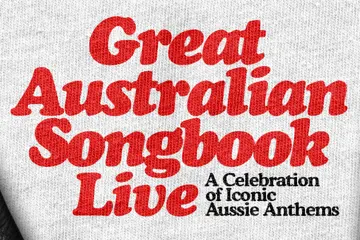The Californian has a long history of working with musicians and staging what he calls ‘happenings’. His latest grand happening, Station To Station, was his most wildly ambitious: chartering a train from coast to coast with ‘creatives’ aboard, every night the train stopping for a new shindig, with projections, installations and performances in non-traditional spaces.
“Everyone involved felt the same desire: we wanted to see art outside of art galleries and auction houses, and music outside of the music industry.”
“Everyone involved felt the same desire: we wanted to see art outside of art galleries and auction houses, and music outside of the music industry,” Aitken explains. “I was trying to make a project that wasn’t capitalist, that was experimental, that was genuinely spontaneous and creative, that existed outside of all the shit that’s just packaged and pushed towards us. I saw the project as almost an ideology, a project about the modern artistic voice. And as something that represented how fast culture is hurtling forward.”
Travelling around America’s oft-neglected rail system made for a wild road-trip through forgotten places, with everyone out of their comfort zone, “artists overlapping with musicians” and Ariel Pink always vanishing right when the train was about to depart. “It wasn’t like a tour, this one group of people travelling together. You’d have someone like Patti Smith, who was only in Minneapolis, who wanted to perform a song she’d written there... Beck really just wanted to perform in Barstow, this remote place between Los Angeles and Las Vegas that no one goes to anymore, where we were taking over an old drive-in movie theatre in the desert. He said, ‘I’ve always wanted to do a performance where my backing band is, like, thirty gospel singers, and they’re, like, this big engine that can rev up and slow down.’ Beck saw this as an opportunity to do something really creative that they wouldn’t normally be able to do.”
Don't miss a beat with our FREE daily newsletter
Station To Station, the obligatory documentary chronicle of the eponymous happening, was assembled with no concessions to traditional documentaries, with little explanation and no narration. It’s divided into 65 numbered one-minute sections, each a discrete ‘short film’. “It comes out like a machine-gun, this kaleidoscope of information,” beams Aitken. “One film might be this drifter out in the desert, another time it might be Dan Deakin performing in front of 3000 people. It’s always different all the time. Chronicling an ever-changing project, it felt like the most honest thing to do.”















